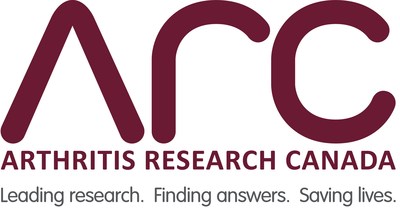Joint Pain? 4 Steps for Recovery from Arthritis

Arthritis is a broad term that includes many different categories. It is characterized with inflammation of the joints. There are things that you can do to manage the symptoms. Here are some tips to help you recover from arthritis.
Be Mindful of Your Weight
Many people that suffer from arthritis are overweight. This extra weight adds stress to your body. Your joints may complain about the extra load. Over time, continued stress can cause the ligaments and tendons to stretch. Maintaining a healthy weight can alleviate these symptoms. Part of this process involves getting regular exercise. This can increase your mobility and help to reduce the inflammation in your joints. It can also be beneficial to increasing your bone strength. Consider doing non-load bearing exercises. These include things like biking and rowing.
Monitor Your Diet
Eating a well-balanced diet provides your body with the proper vitamins and nutrients. It also makes it easier to maintain your weight when you eat right. Omega-3 fatty acids have been shown to help in reducing inflammation in some cases. They work by helping to reduce collagen degradation. This degradation can lead to the development of arthritis in your cartilage. A good source of omega-3 fatty acids are from nuts, flaxseed, and types of fatty fish. You can also supplement with fish oils. Other supplements that may help are glucosamine and chondroitin.
Consider Pain Management Alternatives
There are pain management techniques that can help to relieve some of your arthritis symptoms. By managing the pain, you can be more active. This can lead to long term relief of your symptoms. Some of these techniques include cold compresses, warm baths, and deep breathing exercises. A study in Australia showed that psychotherapy was effective for those suffering with rheumatoid arthritis. There are several research studies that are being conducted that may prove beneficial to those suffering from arthritis.
Supplement with Medications
Medication usage can help to relieve some of the inflammation in the joints. These medications used in conjunction with other types of therapies offer the most promise for recovery. Doctors are learning that some diets are more effective at reducing causes of inflammation those others. The Mediterranean diet has shown some promise in this respect. This might just be a side effect of eating a well-balanced diet. Avoiding foods that are more likely to cause inflammation may be another reason. Consider using a professional arthritis facility, like the Sarasota Arthritis Center, for the latest in treatment options.
Arthritis is not something that only effects the elderly. Use these steps to recover from your arthritis symptoms.

